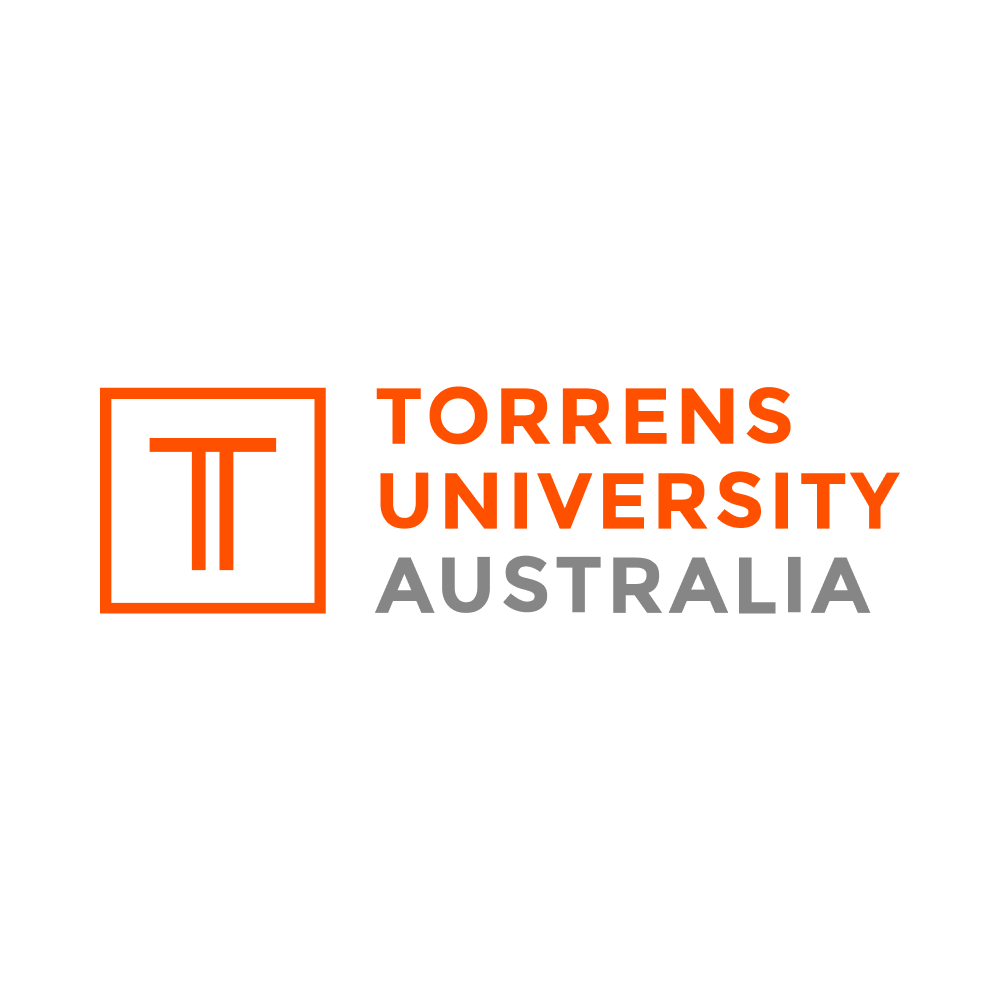Torrens University Australia
Graduate Certificate of Economics of Sustainability
- Delivery: Online
- Study Level: Postgraduate
- Duration: 6 months
- Course Type: Graduate Certificate
Learn to analyse economic and ecological issues, discuss economic reform proposals and evaluate consequences of economic policy changes.

Course overview
The Graduate Certificate of Economics of Sustainability is an introduction to modern monetary theory and ecological economics. Explore foundational concepts in the field. Develop communication, critical thinking and problem-solving skills. This program is co-delivered with the research institute Modern Money Lab.
During this course, you will also be exposed to a range of different schools of thought in economics and other disciplines. This course is designed to supplement higher education with a qualification in the field of economics of sustainability and suits early and mid-career professionals wishing to update and develop specialist knowledge in these increasingly important areas. This graduate certificate also acts as a pathway to the Graduate Diploma and Master of Economics of Sustainability.
Key facts
14th September, 2026
What you will study
The Graduate Certificate of Economics of Sustainability (Partnership with Modern Money Lab) course comprises two core subjects and two electives.
Core subjects
- Foundations of Real-World Economics
- Foundations of Modern Money, Institutions and Markets
Electives
Choose two of the following:
- Data Analysis for Economic and Ecological Issues
- Contending Perspectives in Economic Analysis
- Ecological Economics
- Real-World Microeconomics
- Macroeconomics of the Real World
- International Finance and Modern Monetary Theory
- Sustainable Health Economics
- Inequality, Equity and Employment
Entry requirements
Before you begin your application to study as a domestic student, check that you meet at least one of the requirements listed below.
Students with a cognate UG background
- An Australian Bachelor's degree (AQF Level 7) or equivalent, or higher-level qualification, in a business (or related) discipline from a recognised tertiary institution.
OR
Students with a non-cognate UG background
- Any Australian Bachelor's degree (AQF Level 7) or equivalent. AND at least two years post-degree professional work experience.
- Applicants without formal qualifications are eligible to apply if they have seven (7) years of relevant work experience and will be assessed on a case-by-case basis.
OR
Admission may be granted at the discretion of the Program Director, based on a comprehensive assessment of the applicant's qualifications, professional experience and overall suitability for the course.
Contact the university or visit its website for more information.
Recognition of Prior Learning
If you have already completed a qualification or gained skills through life or work experience, you may be able to credit this against your degree with Torrens University Australia. Contact the university for more information.
Outcomes
Learning outcomes
To meet the learning outcomes of the Graduate Certificate of Economics of Sustainability, you are required to demonstrate:
- Oral and written communication skills applicable to present advanced concepts related to ecological economics and modern monetary theory, financial and monetary systems to businesses, policy makers and broader communities.
- Analytical and critical thinking skills in drawing economic insights based on varying schools of thoughts in economics and other disciplines.
- Problem solving, quantitative and qualitative reasoning skills in analysing economic and ecological issues.
- Listening, comprehension and cognitive skills in discussing economic reform proposals and evaluating consequences of economic policy changes.
Career outcomes
The Graduate Certificate of Economics of Sustainability is designed to equip you with core knowledge and skills that will become increasingly important and in-demand in the years to come. A postgraduate course in economics will prepare you for a career in a wide variety of institutions as an economist or a variety of related roles, such as:
- Public servant
- Policy adviser
- Sustainability development adviser
- Business analyst
Fees and FEE-HELP
Indicative subject price in 2026: $3,568 (domestic full-fee paying place)
Estimated total price in 2026: $14,272 (domestic full-fee paying place)
Subject prices are based on 10-credit-point blocks.
Student fees may vary in accordance with:
- The number of subjects studied per term.
- The choice of major or specialisation.
- Choice of subjects.
- Credit from previous study or work experience.
- Eligibility for government-funded loans.
You may also need to pay the student services and amenities fee.
Student fees shown are subject to change. Contact the university directly to confirm.
FEE-HELP loans are available to assist eligible full-fee paying domestic students with the cost of a university course.








